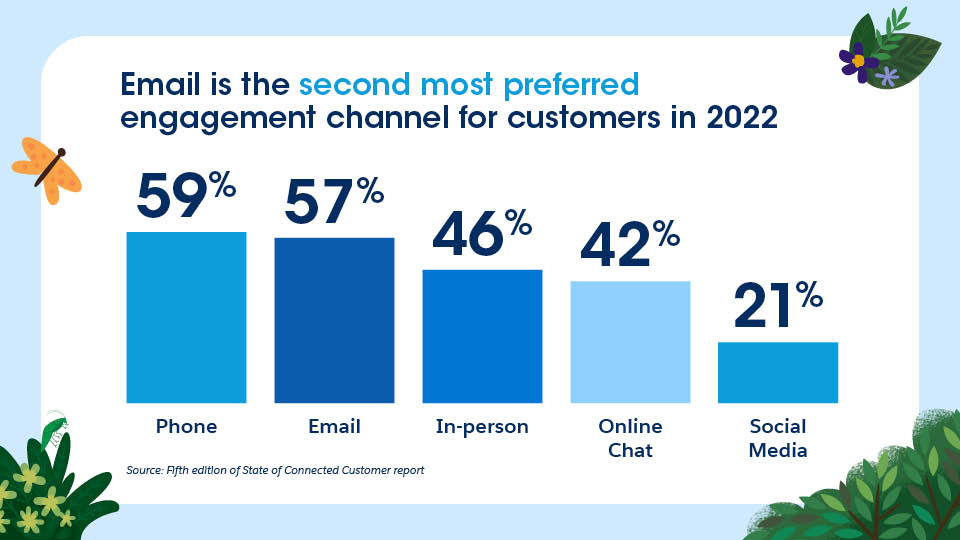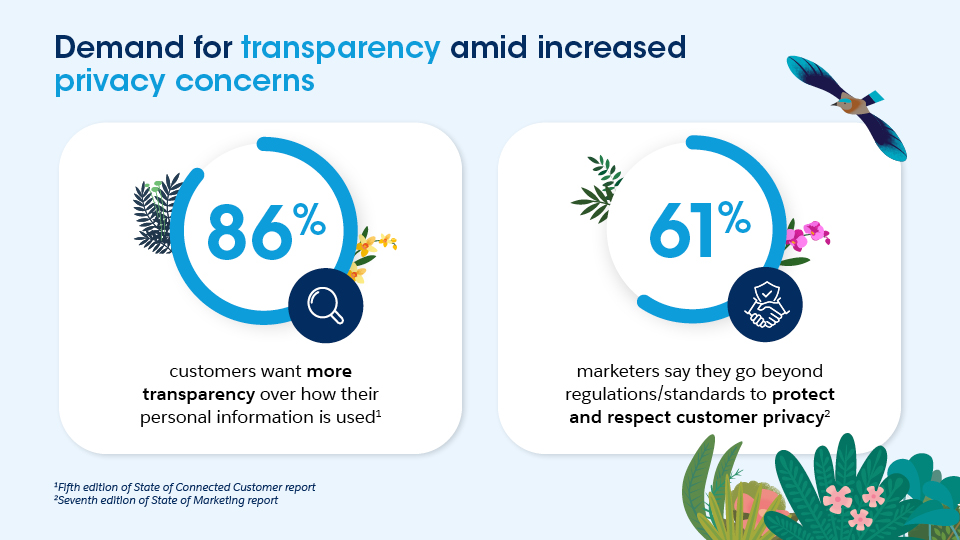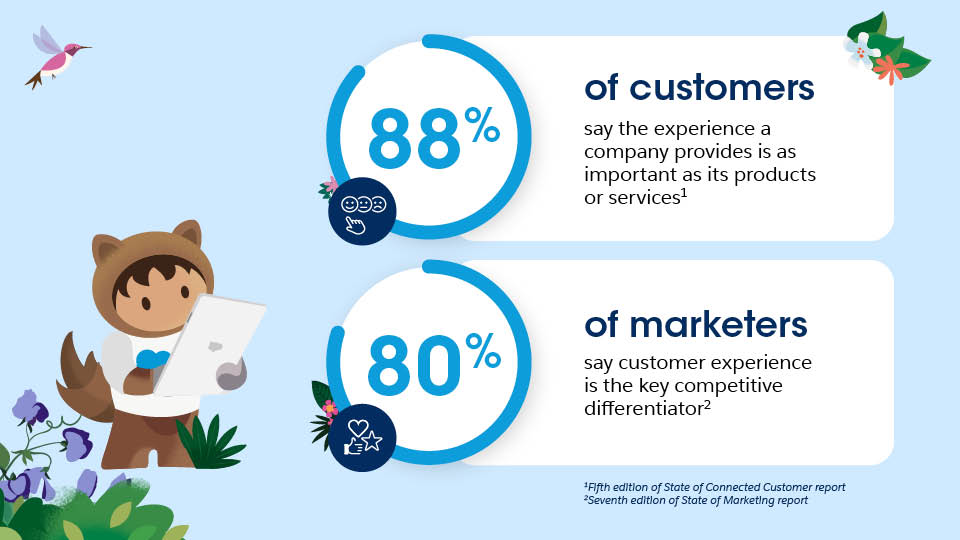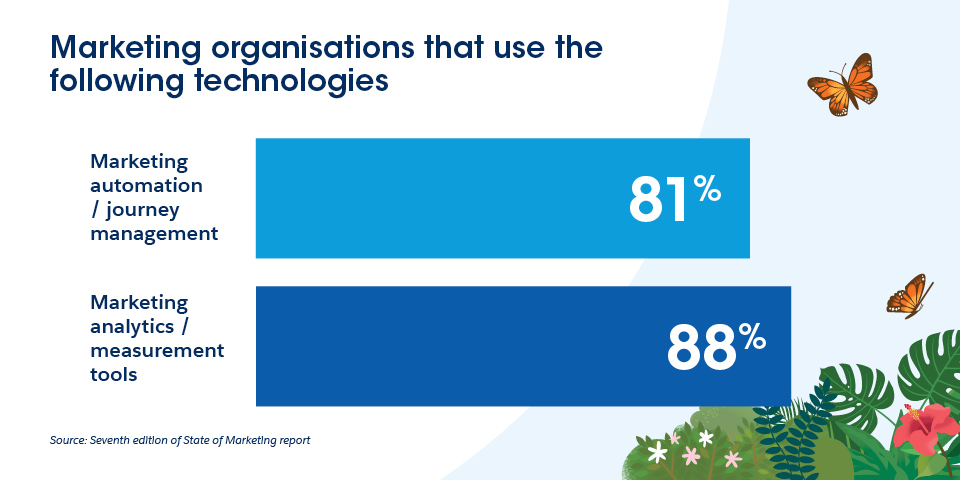Email marketing allows marketers to communicate directly with their audience about their products and services. It helps build brand awareness and plays an important role in lead generation, converting prospects, and retaining customers. Email marketing increases return on investment and boosts engagement with different audience segments.
Businesses are increasingly incorporating email into their marketing strategies. In 2021, more than 90% of global marketers surveyed said email marketing was critical to company success. 79% of marketers listed email marketing in their top three most effective marketing channels.
Here are a few tips to get you started with email marketing for your business:
1. Set a clear marketing goal
Identify what you want to achieve with your email marketing and develop clear messaging to help meet that objective. Then set clear targets to measure success — it can be a 5% increase in subscribers over the next six months or a reduction in unsubscribes or a boost in clicks to conversions. Without clear targets, you could end up sending too many emails just to have immediate conversions.
Email marketing can be an effective channel to engage your audience within your digital marketing strategy.

2. Build your contact list
Your business needs people to sign up to receive your emails. With recent changes to email privacy protections, customers are increasingly concerned about the way their information is collected and used. Marketers should always build their own organic email list and avoid buying mailing lists. It is also important to seek consent from your audience to receive emails from you. This ensures compliance with data privacy regulations and helps you avoid fines and penalties.
To grow your audience, make it easy for users to sign up for your content. Add pop-up forms or visible sign-up boxes on your webpages, and use social media to drive website visits. Include clear and short CTAs such as ‘Sign up for our newsletter’ to allow users to enter their email address, along with an ‘opt in’ box. This helps build sender reputation and audience trust.
Create ‘gated content’ like e-books, whitepapers, and guides for users to access only after they have signed up. Host webinars to establish your thought leadership and invite your audience to register with their contact information. This helps build high-quality contacts.

3. Tailor content to your audience needs
Not all audiences are the same. Target the right group of people with the right type of content. To do this, segment your audience based on their stage in the customer journey. Are they existing customers or prospects? Are they looking for information or likely to make a purchase?
Build content around products and offers to address the specific needs of customers. An email automation platform can help deliver timely automated emails based on audience behaviour. By integrating a content management system (CMS) with your email automation, you can pull the right content for the right audience. Run A/B tests to fine tune your email messaging and audience targeting strategies.
This creates a content experience that is personalised and unique.

4. Unlock the power of analytics
Invest in a platform that helps you track and analyse your performance metrics like click-through rate, conversion rate, and unsubscribe rate. Measure your performance against the defined campaign KPIs. Gain insights into what’s working and what’s not, and optimise your emails to improve ROI.

Regardless of the size of your business, email marketing can help you connect with your audience, build your reputation, and grow your customer base — with a minimal amount of investment when compared to other marketing channels.
Want to learn more?
Drive 1:1 engagement at every stage of the customer journey and deliver smarter marketing campaigns with Salesforce Email Studio.




























